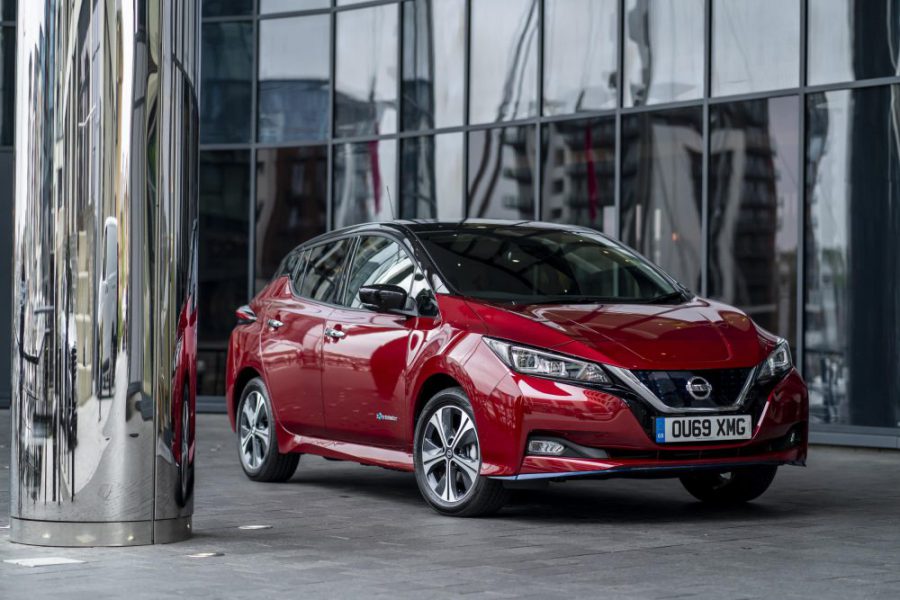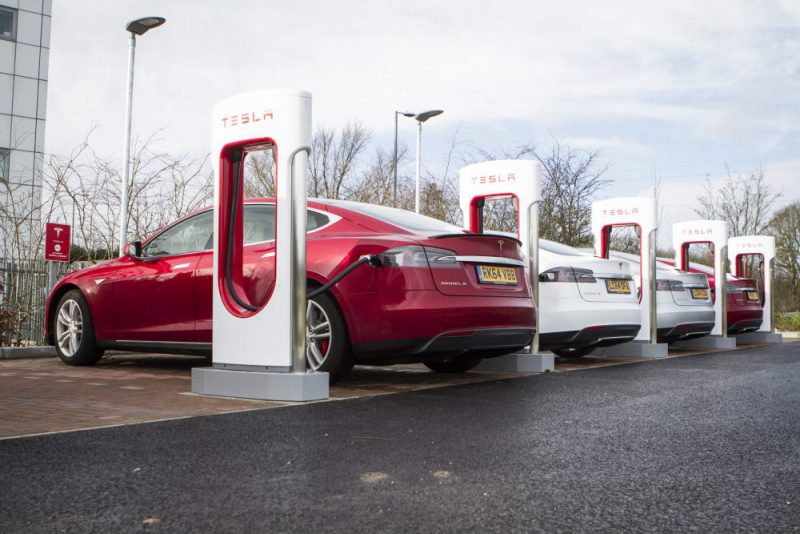
If you’re considering the switch to an electric car, now might be the time to do it. A new study by insurer Direct Line has revealed that the average lifetime costs of running an electric vehicle (EV) are now cheaper than the equivalent petrol-powered model.
How much cheaper are electric cars?
The new report claims it costs £52,133 to own an electric car over its lifetime. A petrol car over the same period would cost £53,625. That’s £3752 per year for an electric car. The equivalent petrol model would cost £3858 meaning the EV would save you £107 every year.
How are lifetime costs worked out?
Researchers looked at the average lifespan of a car in the UK, which from showroom to scrapyard is 13.9 years according to the motor industry. Over this period, they assessed the cost of fuel, estimated tax and maintenance and looked at insurance. Finally, they considered the cars’ purchase prices.
Why are electric cars cheaper?
The running costs of electric cars are significantly less than their petrol equivalents. According to Direct Line, the EV owner would pay 58 per cent less in fuel costs every year. On top of that, their tax and maintenance charges are 49 per cent lower. This is because electric cars have fewer moving parts than internal combustion engine models and pay no car tax.
Insurance for electric cars is on average 25 per cent pricier because they’re more expensive to fix when they’re involved in crashes due to their complex electronics. But despite this they still cost 21 per cent less overall per year to run. That’s already a fairly compelling reason for making the switch to an electric car. However, when you factor in purchase price – the electric car is 22 per cent more expensive – the EV works out at 3 per cent cheaper over its lifetime.

Electric cars are getting cheaper too
Electric cars have always been cheaper to fuel, maintain and tax. But they used to lose value (depreciate) far more heavily than petrol equivalents. This made them more expensive to own. However, analysis of used-car data from Auto Trader revealed that electric cars now hold their value better than internal combustion engine models. It says they depreciate by just 12 per cent during the first year of ownership, compared with 24 per cent by petrol equivalents.
Will EVs continue to get cheaper?
Direct Line believes that now we’ve reached the tipping point, EVs will continue to become more competitive to own. Head of motor for Direct Line, Neil Ingram, said: “We expect prices to come down in future, thanks partly to the government’s commitment to making greener vehicles more accessible but also to advances in technology.”
Those steps include the manufacture of cheaper batteries, currently the component that makes electric cars so much more expensive than internal combustion engine equivalents.
How many electric cars are on the road?
The number of electric cars on UK roads is growing rapidly says the Society of Motor Manufacturers and Traders (SMMT). Data from the SMMT shows the all-electric Tesla 3 featuring in the top 10 best-selling new cars in the UK for June.
Department for Transport stats show that there are now almost 100,000 pure EVs on UK roads. Although electric cars make up just 5 per cent of new cars sold, the number is on the up. Sales of EVs for the first half of 2020 grew by 158.6 per cent compared with the year before. And sales of new diesel models are falling dramatically.
If the lifetime of an EV is 13.9 years, it will need a battery replacement during that time.
Has the cost of this been factored in ?